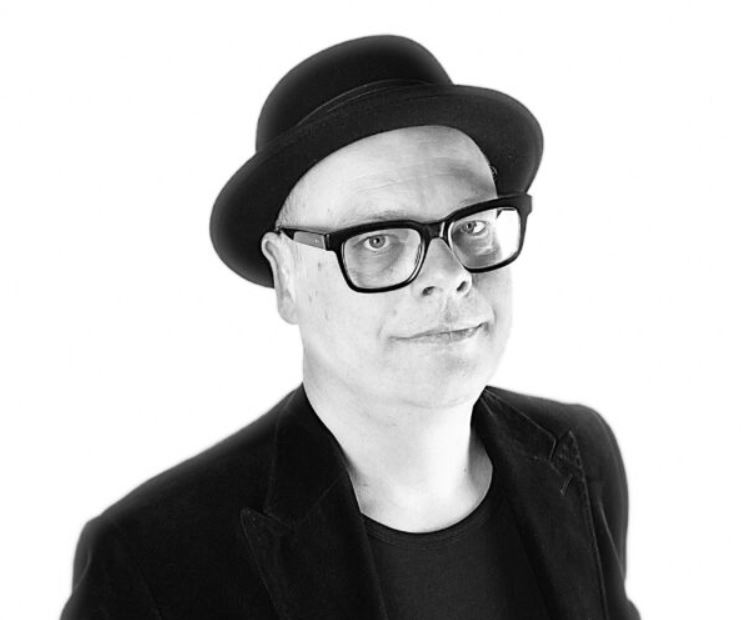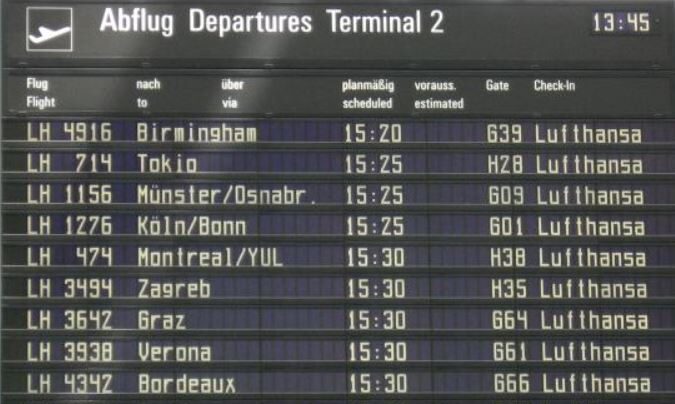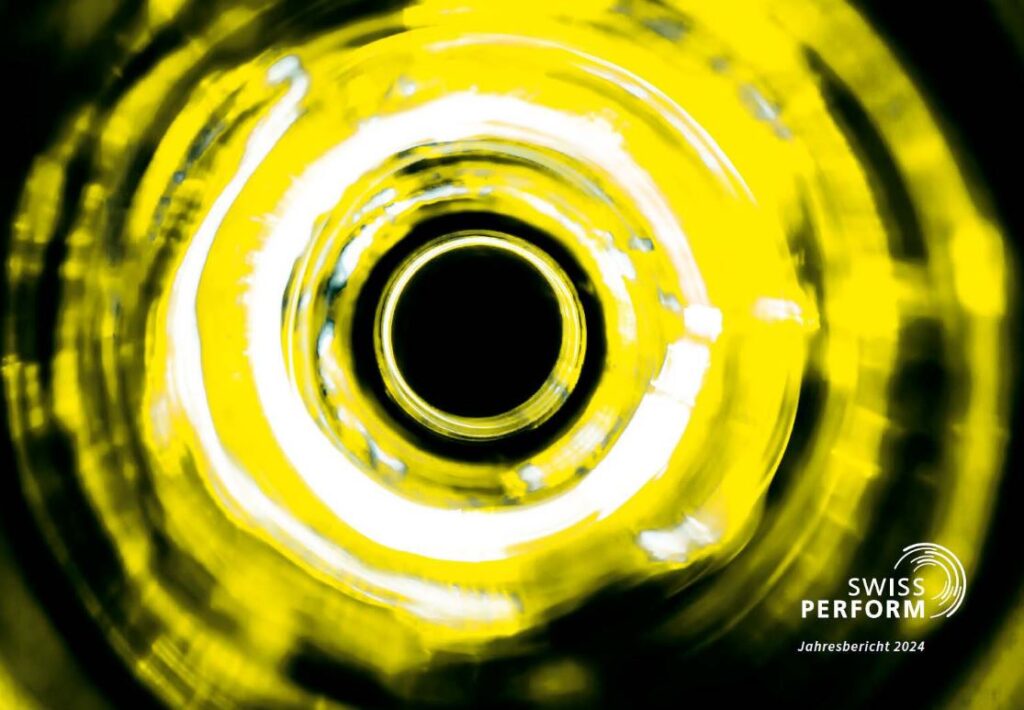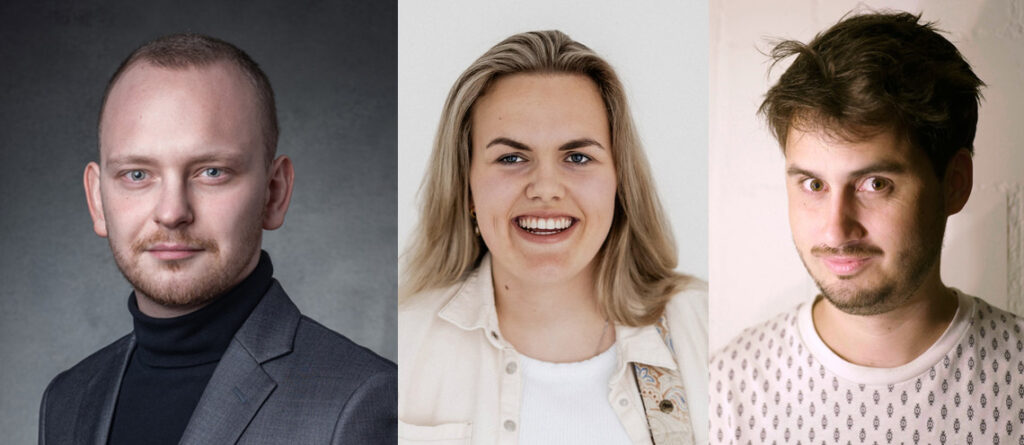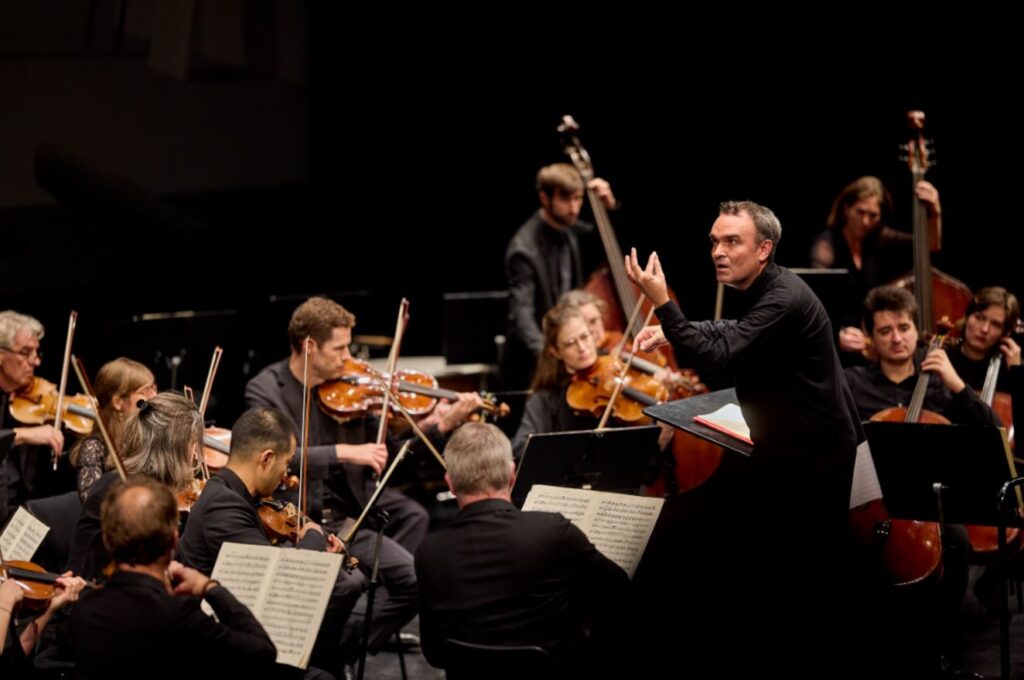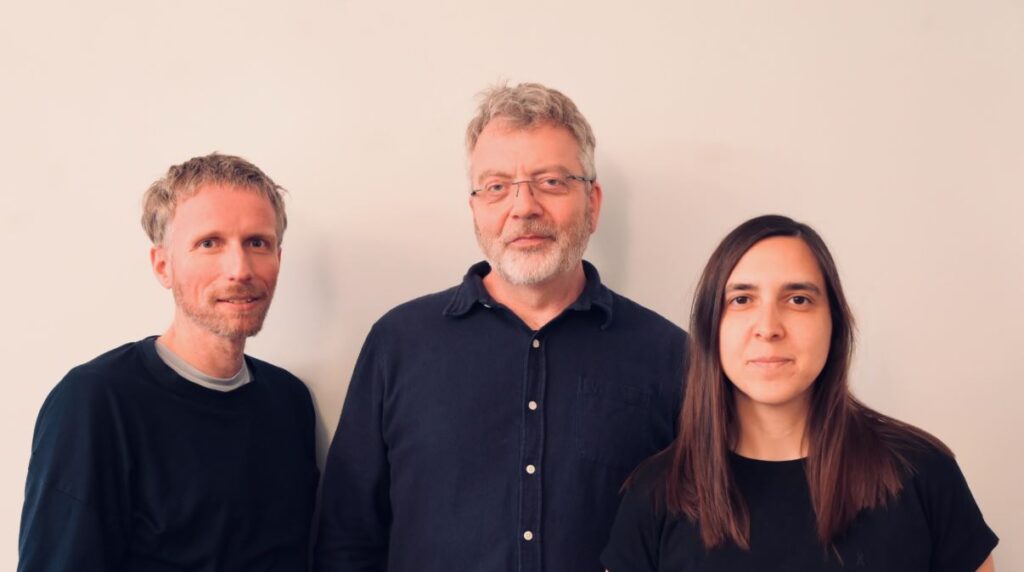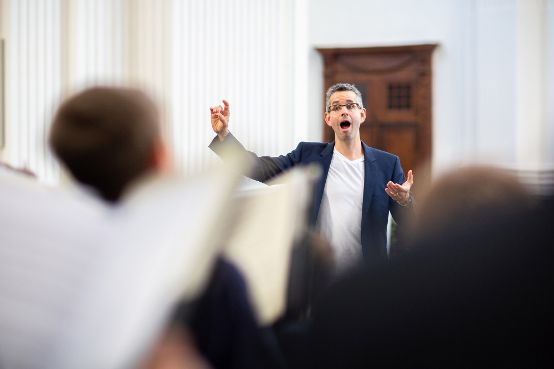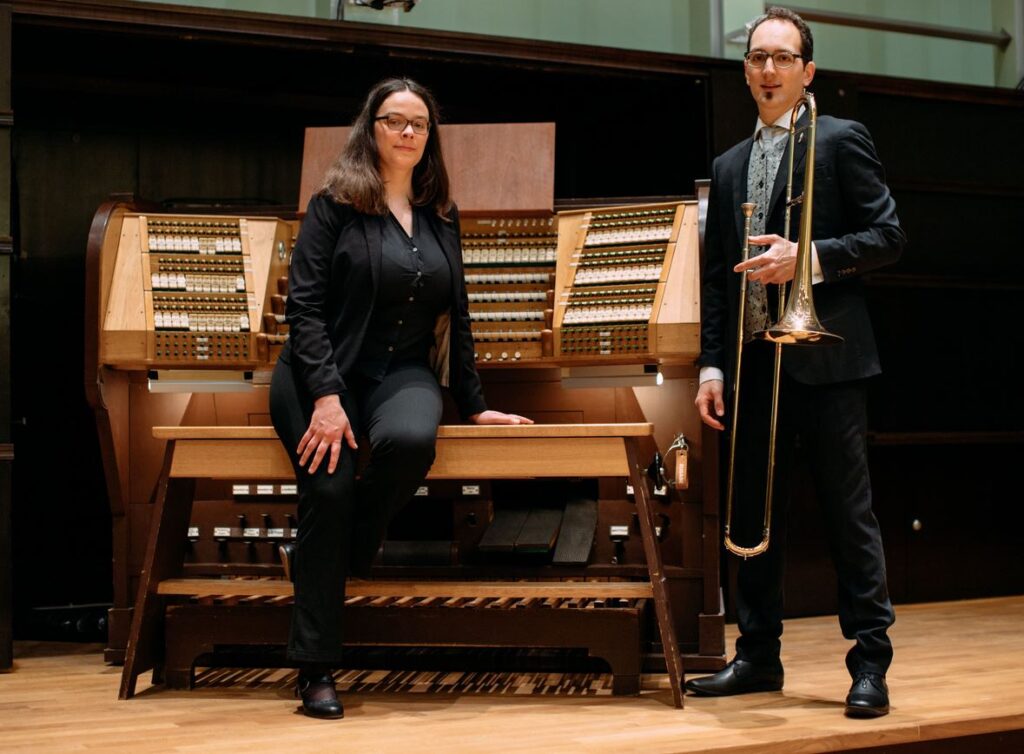Cities promote musical diversity
An international research team involving the Max Planck Institute for Empirical Aesthetics (MPIEA) in Frankfurt am Main has investigated the question of how everyday urban life shapes our choice of music.
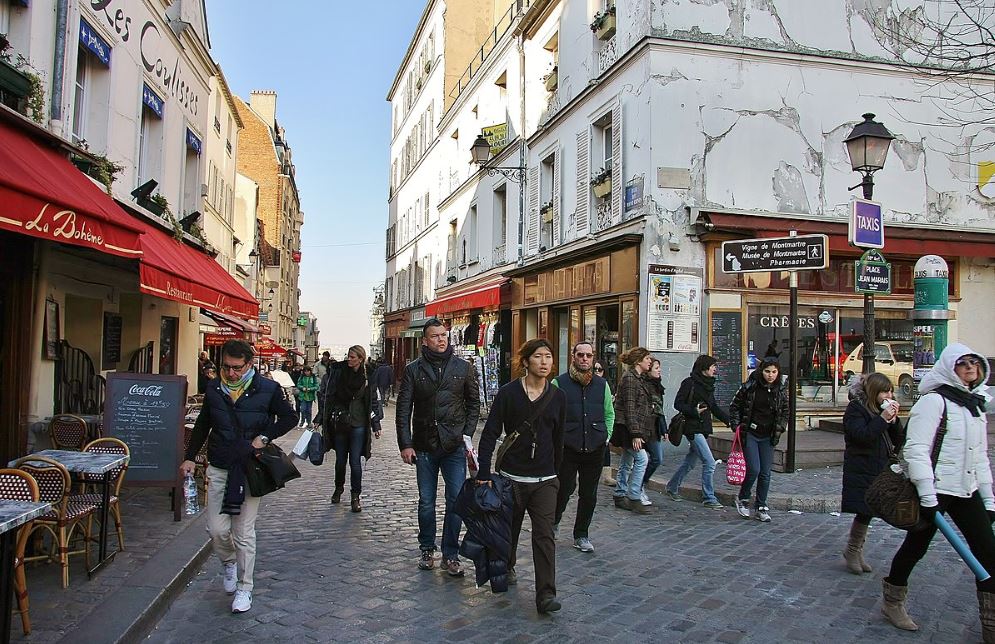
The team analyzed the listening habits of 2.5 million people in France, Brazil and Germany. They found that the urban population's choice of music is more diverse and individual than that of the rural population.
First, it examined how similar the songs were that were listened to by people in the same region. The analysis of a total of 250 million listening logs revealed this in all three countries: The larger the city, the more individualized the music choices. In large cities, people share fewer musical preferences with their neighbors than in more rural regions. At the same time, the larger the city, the wider the personal listening radius with a broader spectrum of genres and acts.
The personal listening radius also changes over the age range: during adolescence, the variety of music listened to increases rapidly, reaches its peak in the late 20s and then slowly decreases again.
Experts from Germany, France and the United States were involved in the project, including those from the Max Planck Institute for Human Cognitive and Brain Sciences (MPICBS) in Leipzig, Deezer Research in Paris and Cornell University in Ithaca, New York.
Original publication:
Lee, H., Jacoby, N., Hennequin, R. & Moussallam, M. (2025). Mechanisms of Cultural Diversity in Urban Populations. Nature Communications, 16, 5192. https://doi.org/10.1038/s41467-025-60538-2






